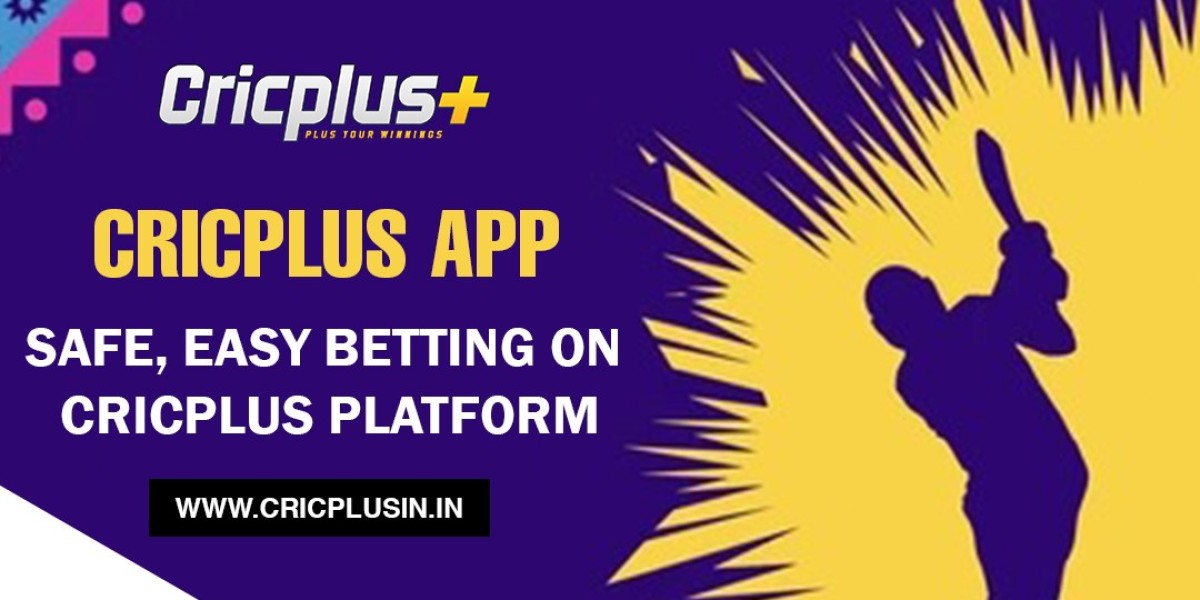Money transfers are a vital part of our modern financial system. They enable businesses and people to send money to each other securely and easily. So, if you want to transfer funds from one Bank Account to another, you can utilise various money transfer modes. Besides, as the world becomes a global village, the ways to transfer money are also evolving. Here are different ways to transfer money in India:
NEFT
National Electronic Fund Transfer enables you to transfer funds electronically from one Bank Account to another in India. Various banks in the country usually offer it through their Mobile and Net Banking facilities. NEFT processes transactions in batches at particular times during the day. It lets you transfer money without any additional costs.
UPI
The Unified Payments Interface is a secure and seamless platform that lets you carry out an instant money transfer from one Bank Account to another. It was introduced by the RBI and NPCI. UPI payments eliminate the requirement of remembering or sharing complex bank details to initiate money transfers. Instead, the UPI platform allows you to transfer funds instantly and round the clock using a UPI ID, mobile number, or QR code.
To enable money transfers, you need to create your UPI ID and UPI PIN while registering on your preferred UPI Payment app. Once done, you can conveniently transfer money using your smartphone.
RTGS
Real-time Gross Settlement lets you transfer money from one Bank Account to another without delays. This method of money transfer processes each transaction individually, ensuring real-time settlement of the money. RTGS is preferred when transferring a sum of Rs. 2 lakh or above. There is no maximum limit for the amount you can transfer.
IMPS
Immediate Payment Service lets you immediately transfer funds electronically from one Bank Account to another. This method brings together all the perks of RTGS and NEFT. You can use this method through Net and Mobile Banking. The minimum sum to carry out a money transfer using IMPS is usually low.
Digital Wallets
Digital Wallets refer to another method for transferring money. This transfer medium enables you to store, manage, and use your digital assets like money or loyalty points. Digital Wallets offer a secure way to carry out transactions without having to carry cash or cards. This money transfer method enables you to carry out online money transfers and send money to others.
You can also use these to make online payments and contactless payments at stores using your smartphone or other devices. A Digital Wallet is generally linked to your Bank Account or card. This makes it easy to handle your finances.
Conclusion
Now that you have a better understanding of the different methods of money transfers, you can conveniently choose a method that suits your needs.








